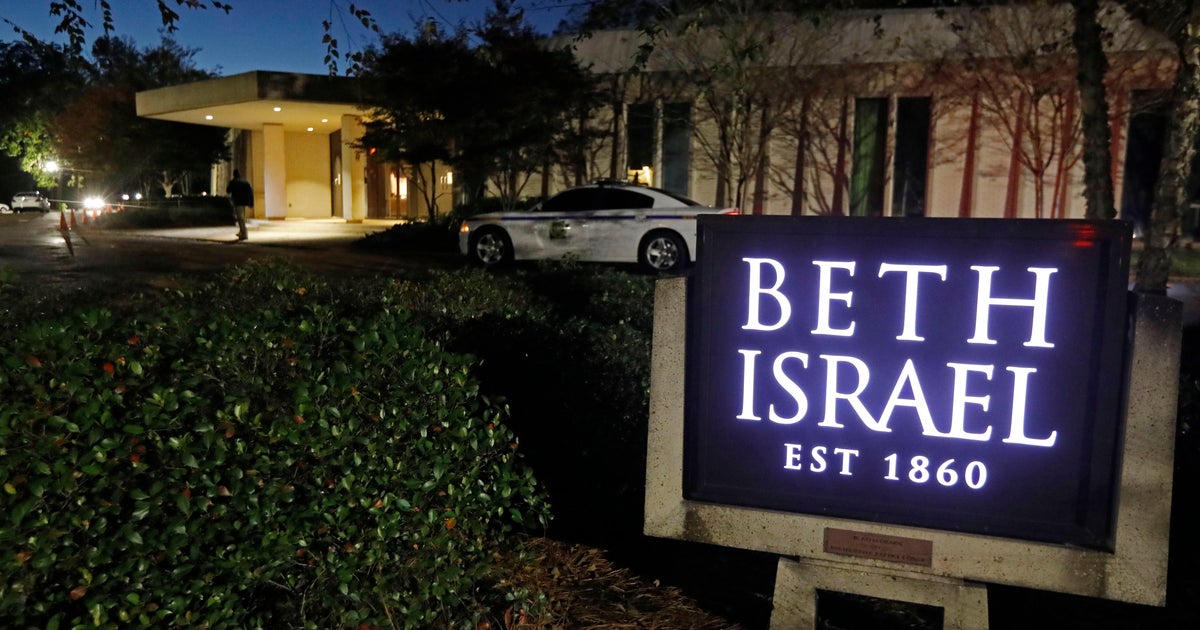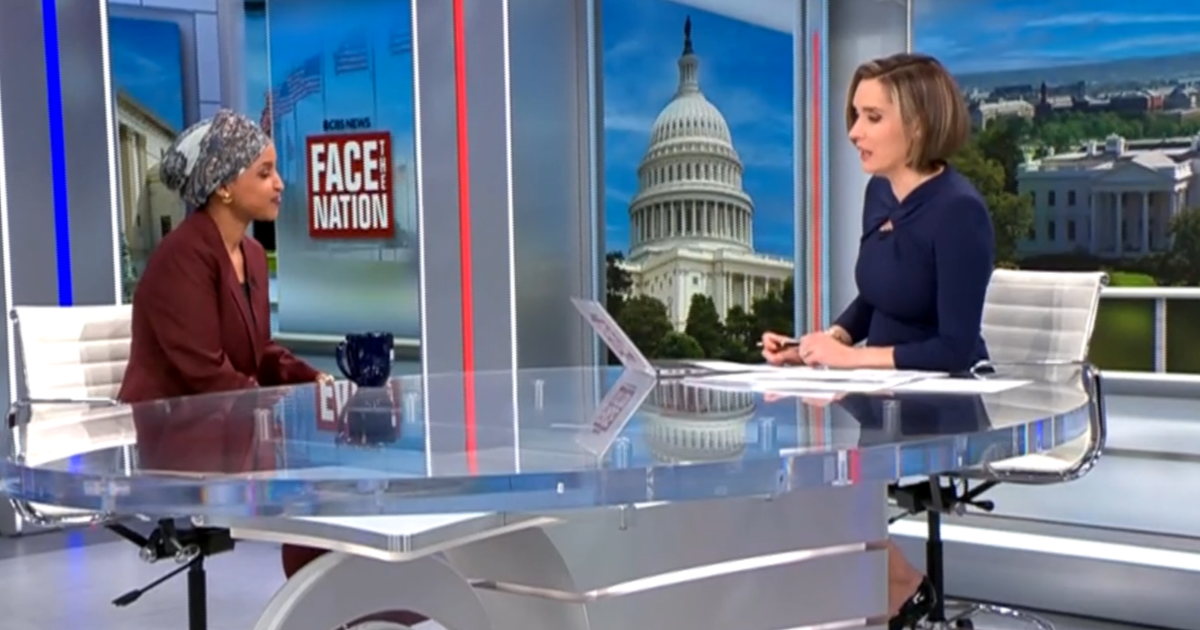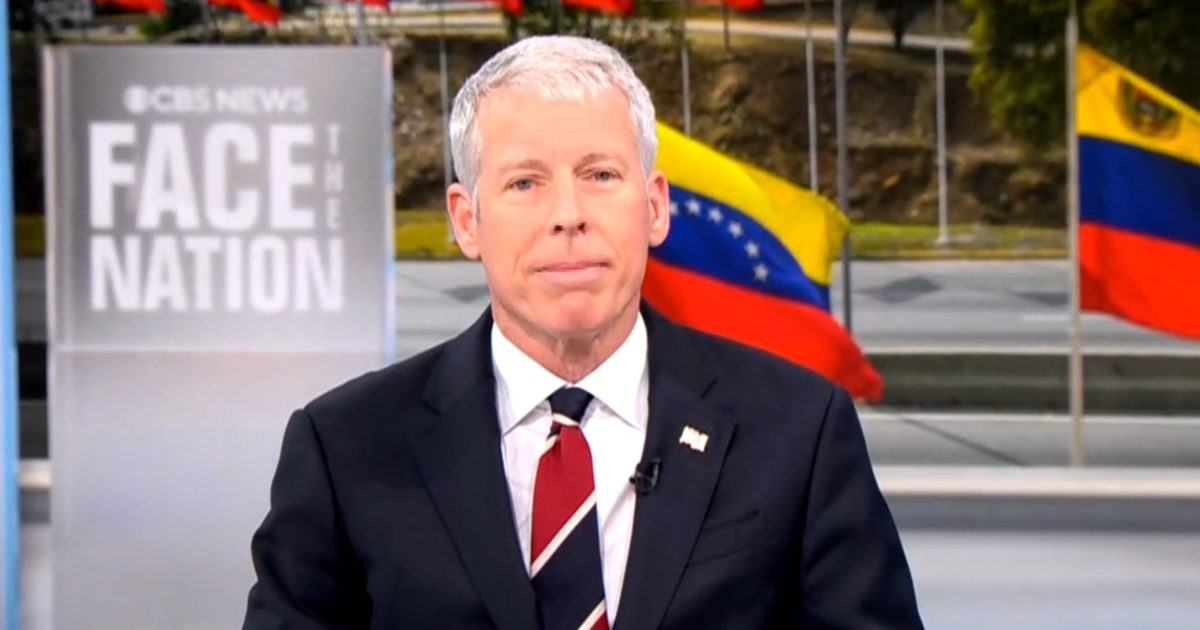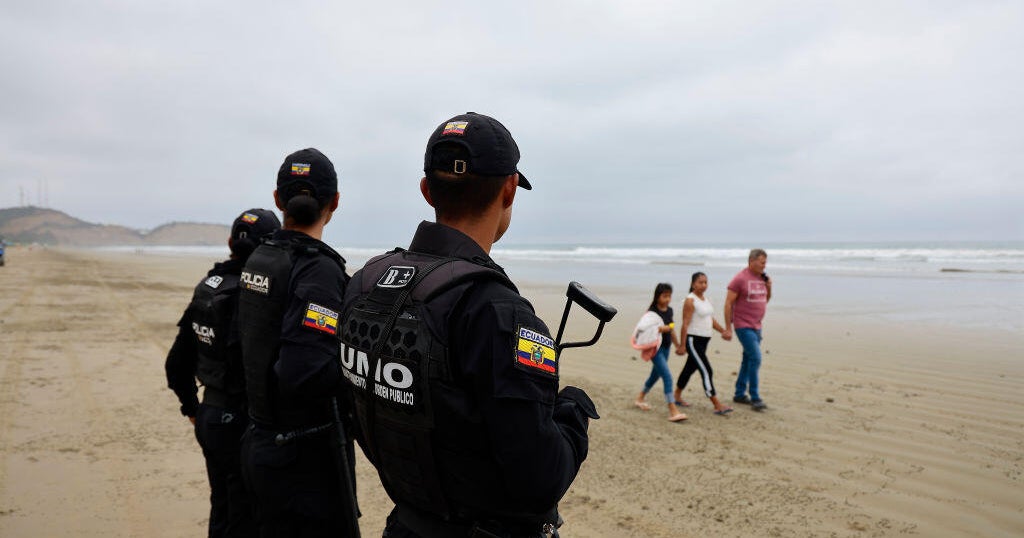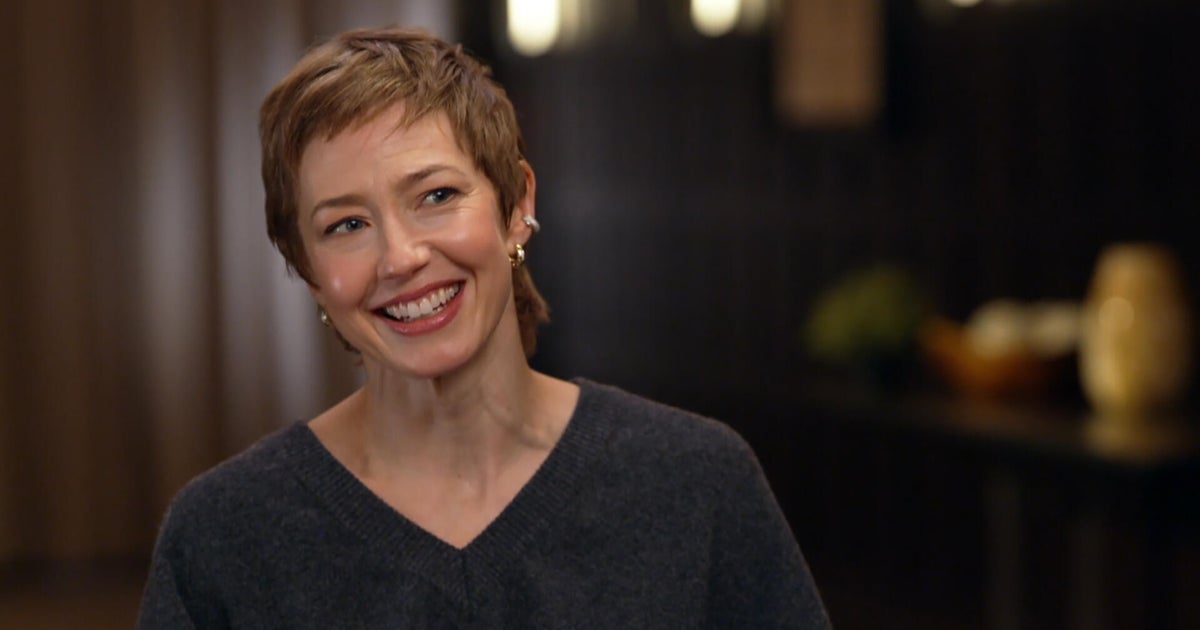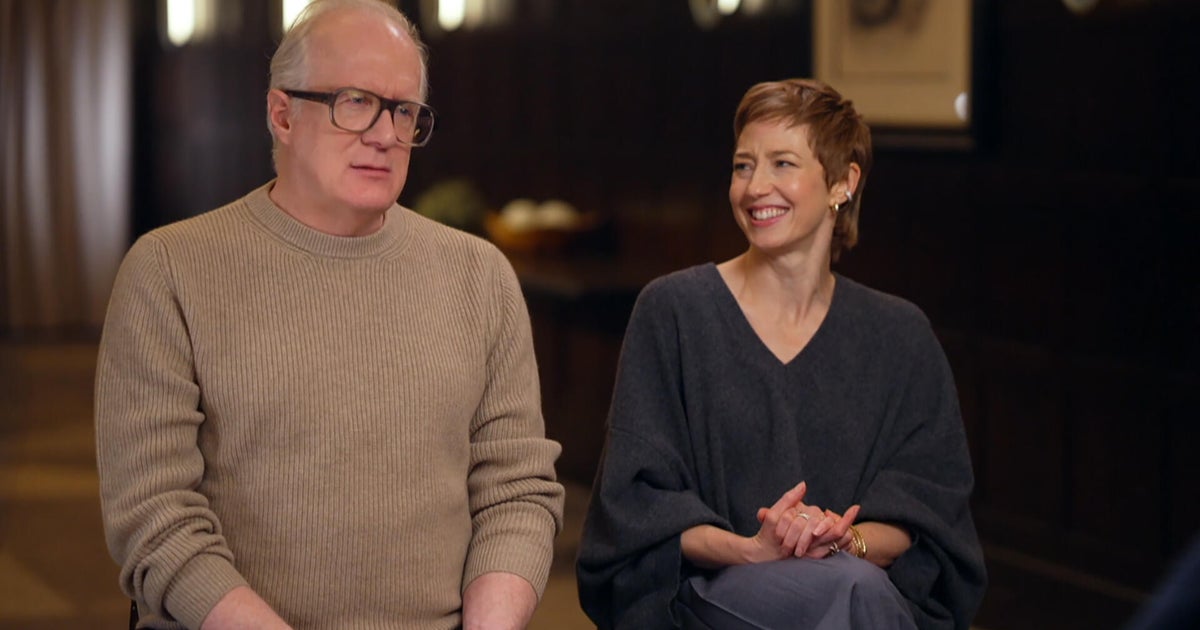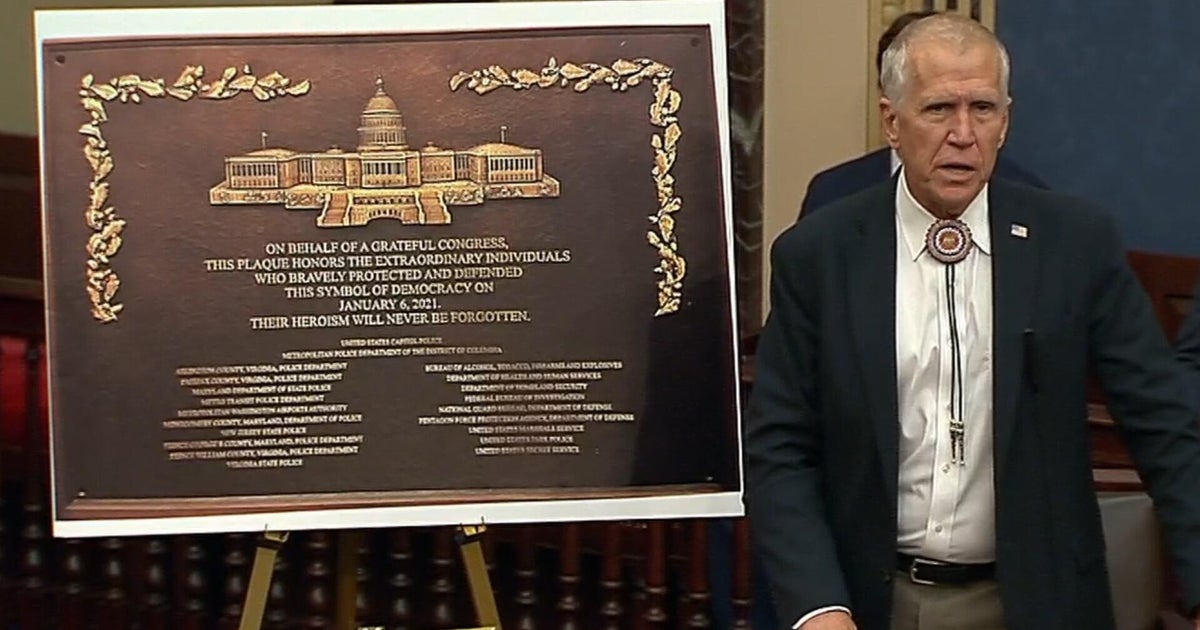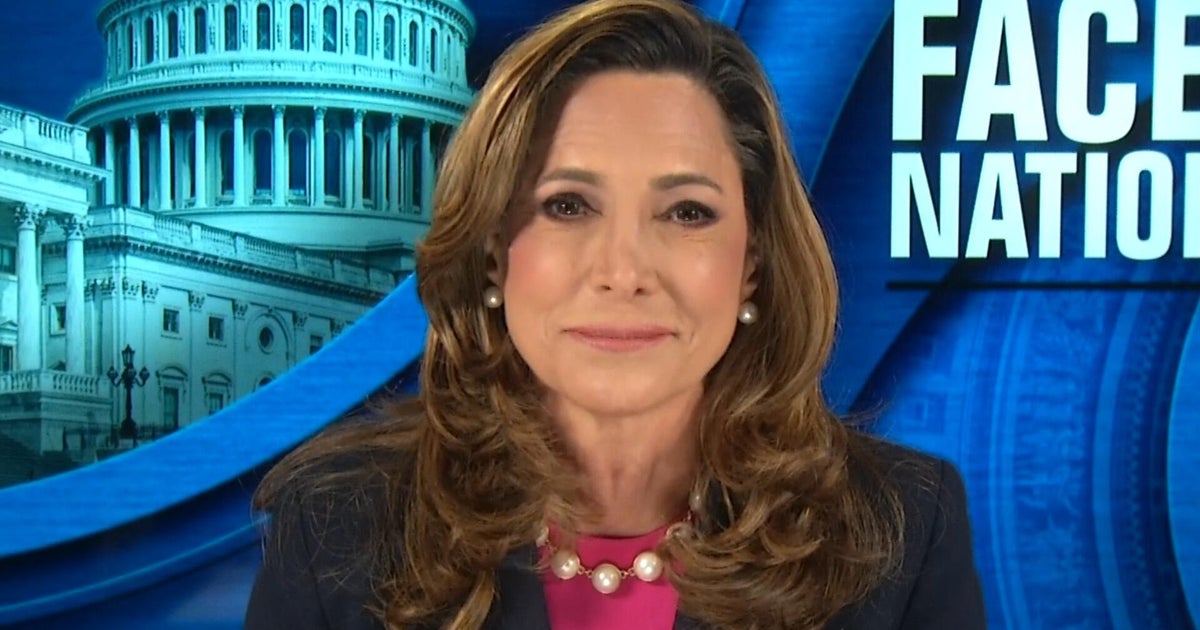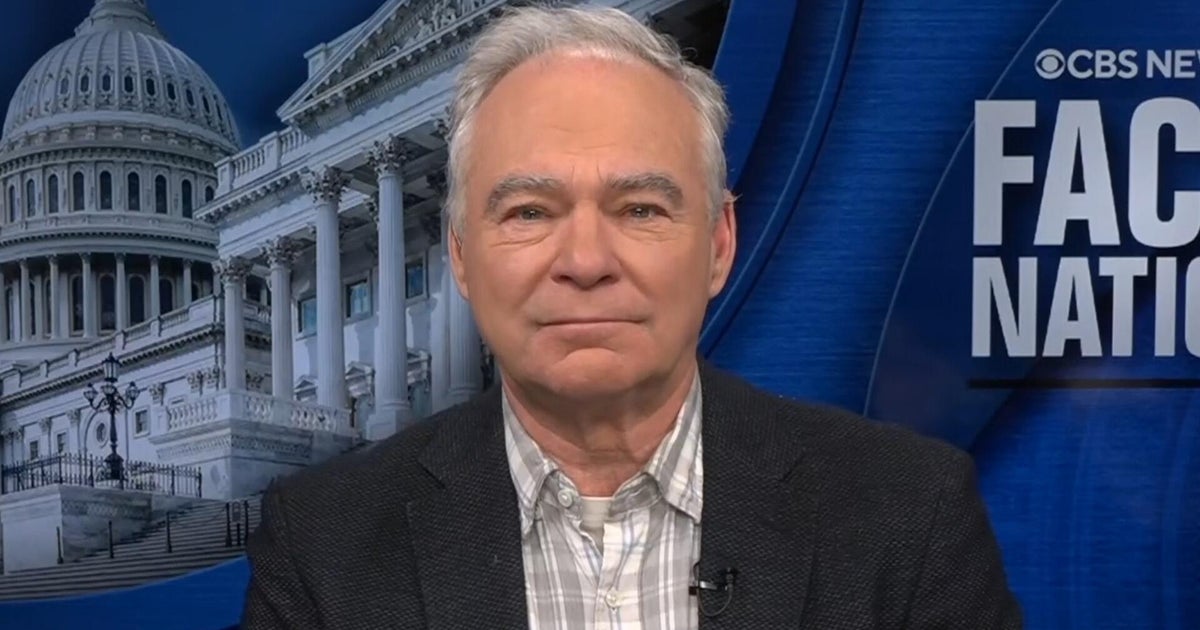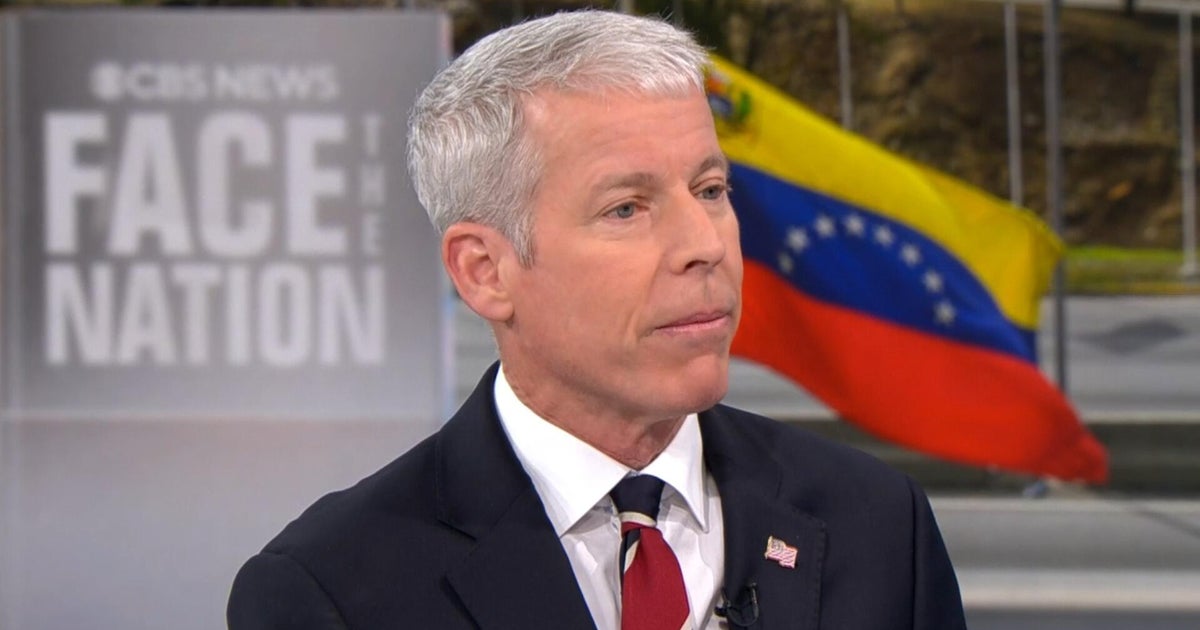‘Entire ecosystem being torn apart’: Starving wallabies will be sedated and relocated after mass deaths
Wallabies on the Mornington Peninsula will be sedated and relocated after a surge in their population and lack of food caused some to starve to death.
In an emergency intervention on Tuesday evening, Mornington Peninsula Shire councillors voted unanimously to reduce wallaby populations at The Briars in Mount Martha via rehoming.

Wallaby populations in Mount Martha have exploded, leaving some starving.
The council said wetter conditions last year had increased plant growth – and thus food – for wallabies, probably leading to an increase in their population. But drier weather this year had dramatically cut vegetation in the enclosed conservation park.
The climatic whiplash meant many wallabies were left with too little to eat and began dying of starvation.
Mayor Anthony Marsh said on social media last week that he called an unscheduled council meeting for Tuesday to address animal welfare concerns.
Council officers offered three options to respond to dead, malnourished and stressed wallabies discovered this winter, including “humane euthanasia” by shooting dead “a significant number” of the animals.
But council decided to back the recommendation to sedate the macropods and move them to a separate part of The Briars sanctuary to assess and feed them.
Some animals may still be euthanised, but the council motion said it would be considered only as a last resort when no alternative, such as rehoming, is available.
Mornington Peninsula Climate Alliance chairman Greg Holland said site managers had successfully kept foxes and rabbits out of The Briars, and there were no predators – such as dingoes – to keep the wallaby population under control.
He said the browsing herbivores fed on shoots and young plants, preventing vegetation regrowth when their populations grew too large.
“It’s not just the wallabies that are starving,” Holland said. “The entire ecosystem is being torn apart.”

The Briars wallaby population is usually about 30 animals, but this has soared to 150.Credit: mlharing
He said the sanctuary had capacity to accommodate about 30 wallabies, but their population had soared to 150. Holland said culling some wallabies may now be an acceptable response, but other options might include a gate allowing them to leave and return to the wildlife park.
But he maintained letting wallabies out permanently was not a viable option because they may wander onto roads and be left without an established territory.
Southern Peninsula Indigenous Flora and Fauna Association president Gidja Walker said wallaby overpopulation was a complex problem. She called for a “pause” in the response so local experts and environment groups could come together to discuss a lasting solution.
But at Tuesday’s meeting, deputy mayor Paul Pingiaro said proposals to let wallabies out of The Briars to find food were “well intended but fraught with danger” and would take too long to implement safely.
“In the meantime, more animals will suffer,” he said.
“There’s no point measuring the diameter of a fire hose while the house is burning down.”
Council’s decision is expected to cost $190,000 and included plans to insert contraceptive implants in some of the wallabies.
Loading
However, a council report flagged some wallabies may not recover from sedation and the option may cause stress.
The council said kangaroos and wallabies were introduced into The Briars in the 1980s with no population management process.
Councillors Max Patton and David Gill moved minor amendments to Pingiaro’s motion and took exception to the suggestion that some councillors had delayed a response.
Patton said supplementary feeding had caused wallaby attrition to cease, so he was glad the council had taken a week to review reports from the University of Melbourne and Ecology Australia about the situation.
Loading
“It’s disappointing that it’s got to this point,” said Patton, whose amendment required council to speak with wildlife groups further to “debrief” and figure out what went wrong.
Patton and Pingiaro were on opposing sides of a sharp council divide in April, when the deputy mayor led a successful push to controversially scrap the council’s climate emergency plan.
But all councillors ultimately supported Pingiaro’s amended motion on Tuesday to address the wallaby deaths.
Mornington Peninsula Shire manager of community, safety, health and compliance Dale Gilliatte said it would be actioned in mid-October, which “would be as immediate as we can”.
Start the day with a summary of the day’s most important and interesting stories, analysis and insights. Sign up for our Morning Edition newsletter.
Most Viewed in National
Loading

